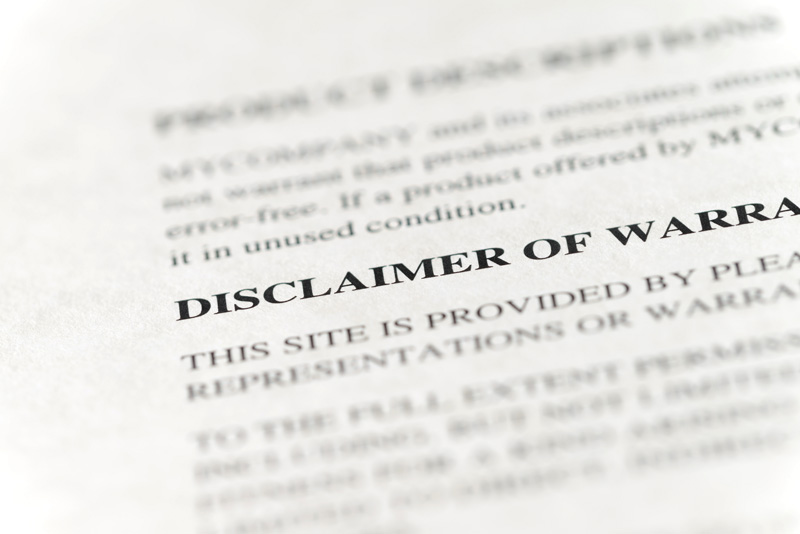Warranty issues arise in a number of different situations. Understanding warranty law is an important element in addition to tort law principles governing liability for defective products. Warranties arise from promises or assertions associated with either the sale of a product or some other transfer of a product for consideration. Promises or assertions about a product may be express, made in the form of the seller’s statements about the qualities or attributes of the product, or they may simply be implied as a matter of law or policy. Although warranty law is generally regarded as part of the body of contract law, the origins of warranty lie in tort.
Important developments in contract law form a critical part of the developmental warranty litigation. In Minnesota, warranty law is expressed in chapter 336 of the Minnesota Statutes, Minnesota’s version of the Uniform Commercial Code (U.C.C.), and in judicial interpretations of that statute, particularly Article 2 governing the sale of goods. Additional important sources of warranty law in Minnesota include state statutes designed to protect consumers against certain deceptive and unfair trade practices and the federal Magnuson-Moss Warranty Act. There is substantial similarity between Minnesota warranty law under the U.C.C. and products liability in tort, but there are also important differences.

Contact
Address
Trepanier MacGillis Battina P.A.
8000 Flour Exchange Building
310 Fourth Avenue South
Minneapolis, MN 55415
